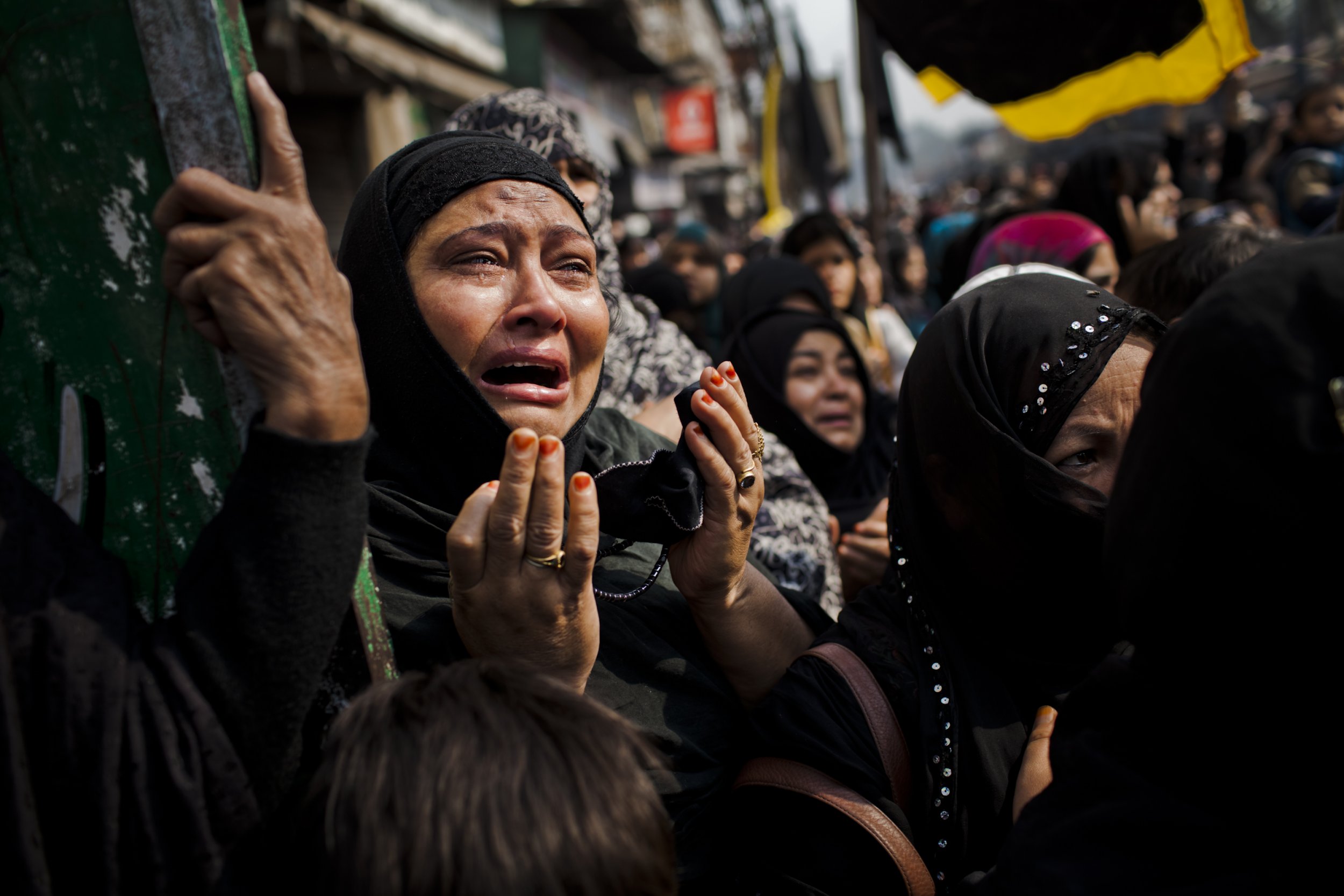
Muslims around the world will celebrate the holiday of Ashura, an Islamic holiday that commemorates the martyrdom of Imam Hussein ibn Ali, a grandson of the Prophet Muhammad, at Karbala. The holiday is commemorated by all Muslims, but Shia Muslims in particular.
When does Ashura begin and end?
The day before Ashura, which falls on September 20 this year, Muslims observe the sacred day of Tasu'a, the ninth day of Muharram, the first month of the Islamic lunar calendar. Tasu'a marks the preparation of war before the death of Hussein by the armies of his rival Yazid.
Ashura, which is commemorated on the tenth of Muharram, is a solemn holy day. This year, the day officially begins at sunset on September 20 and ends on sunset on September 21. While the religious holiday focuses on the death of Hussein, it also commemorates the day Noah left the Ark and when Moses was saved by God from the Egyptians, the BBC reported.
How do Muslims commemorate Ashura?
Unlike other Muslims holidays, Ashura is a solemn event that is marked by mourning rituals, called matam, and ceremonies of self-flagellation. Some Shia men participate in the flagellation ceremonies by hitting themselves with chains or cutting their foreheads, called Ghamezani, to let out blood, according to the BBC.
Instead of flagellation, some Muslims will instead opt to donate blood. Others will go to worship and will offer free meals.
Some Muslims, primarily Sunni Muslims, will mark Ashura by fasting, though it is not a requirement. The practice has its roots in Judaism as it is the day Moses and the Israelites were saved from the Egyptian pharaoh when God parted the Red Sea. Moses was ordered to mark the event as a Day of Atonement—or Yum Kippur.
A split in Islam
The death of Hussein also prompted the schism within Islam into two main sects—the Sunnis and the Shias. Islamic history denotes that the Shia were a political faction the supported Ali, the Prophet Mohammad's son-in-law. Imam Ali was the fourth caliph of the Muslim people.
When the Prophet died, Imam Ali did not succeed to become the leader of the Islamic community. He was murdered in AD 661, leading his opponent Muawiya to become caliph. When Caliph Muawiya was succeeded by his son Yazid, Ali's son Hussein refused to accept his legitimacy.
The two battled at Karbala, where Hussein and his followers were massacred.
Uncommon Knowledge
Newsweek is committed to challenging conventional wisdom and finding connections in the search for common ground.
Newsweek is committed to challenging conventional wisdom and finding connections in the search for common ground.
About the writer
Nicole Rojas is a Breaking News Reporter for Newsweek. Nicole previously worked at International Business Times UK, where she covered breaking ... Read more





